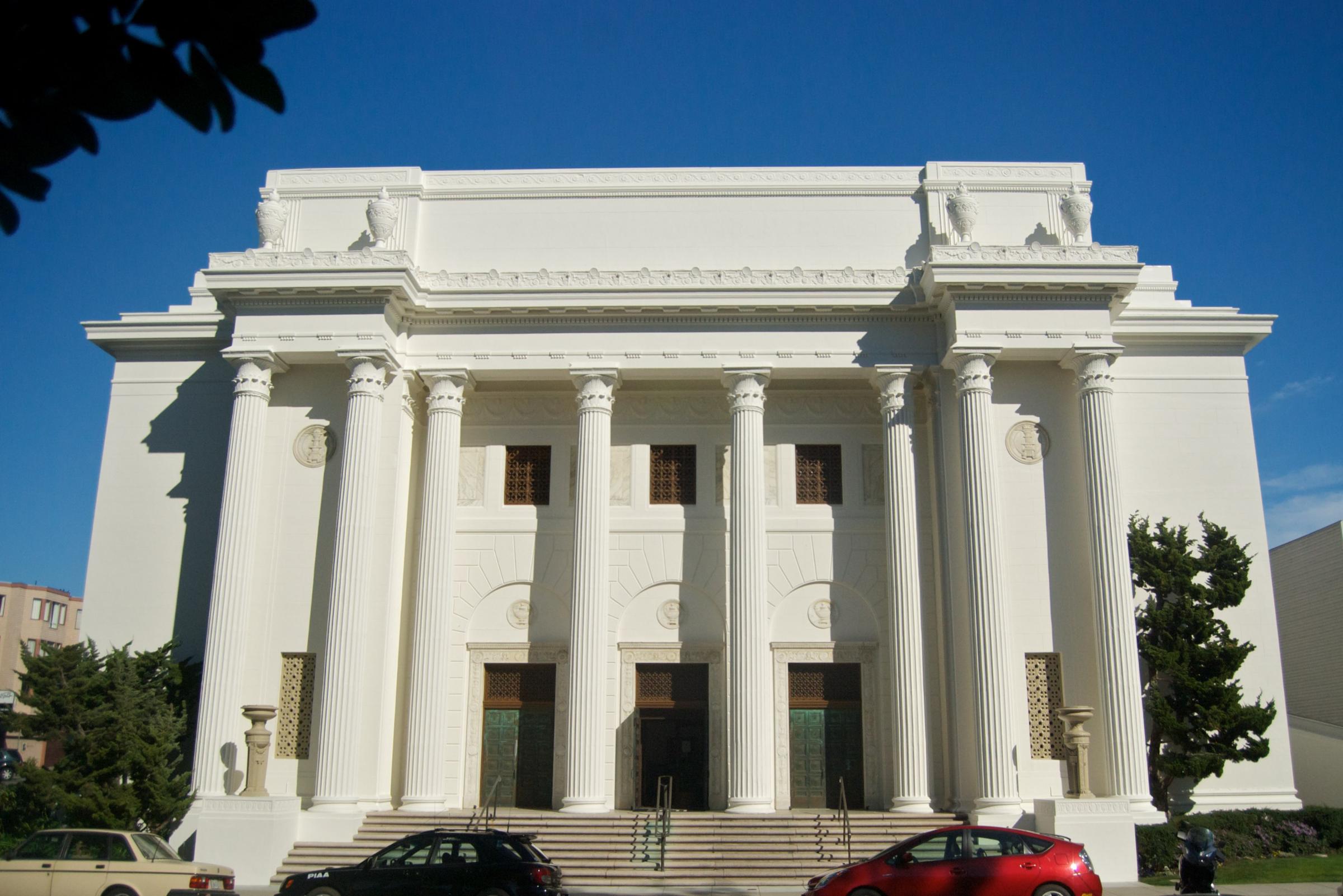A couple of weeks ago, major publishers doubled down on their multi-year lawsuit against the Internet Archive and requested a summary judgement. The Hachette Book Group, HarperCollins Publishers, Penguin Random House, and Wiley — brought the lawsuit on behalf of themselves and their authors after the Internet Archive refused to halt its infringement of tens of thousands of their books. The suit names 127 literary works that include a stunning cross section of fiction, and non- fiction, books by such authors as Toni Morrison, Malcolm Gladwell, and Ann Patchett. The named works are a mere sample of more than 33,000 titles on Internet Archive’s site.
The press release that the publishers association issued was full of language that made the Internet Archive a farce and pirates in disguise. They claimed that the company was “Masquerading as a not-for-profit library, Internet Archive digitizes in-copyright print books on an industrial scale and distributes full-text digital bootlegs for free. Internet Archive has amassed a collection of more than 3 million unauthorized in-copyright ebooks—including more than 33,000 of the publishers’ [and their authors’] commercially available titles—without obtaining licenses to do so or paying the rights holders a cent for exploiting their works. “Anybody in the world with an Internet connection can instantaneously access these stolen works via the Internet Archive’s interrelated archive.org and openlibrary.org Web site. “Having scaled up its operations since the complaint was filed, Internet Archive now ‘lends’ bootleg ebooks to users approximately 25 million times a year.”
Obviously the publishers want to paint the Internet Archive as evil doers, but what is the other side of the story? The Internet Archive is a nonprofit digital library, preserving and providing access to cultural artifacts of all kinds in electronic form. CDL allows people to check out digital copies of books for two weeks or less, and only permits patrons to check out as many copies as the Archive and its partner libraries physically own. That means that if the Archive and its partner libraries have only one copy of a book, then only one patron can borrow it at a time, just like any other library. Through Controlled Digital Lending, the Internet Archive is helping to foster research and learning by helping its patrons access books and by keeping books in circulation when their publishers have lost interest in them.
The Internet Archive buys physical books and then digitizes them and then partner libraries can lend them out under a one copy, one use model. It wasn’t under the pandemic happened when most physical library branches closed and the only way to get content was digitally. Internet Archive temporarily removed the lending limits of 1.4 million digitized print books from its mammoth collection of online artifacts by suspending its two-week waiting period, creating what it called a “National Emergency Library.” Patrons loved it, but publishers decided to file a lawsuit.
The Internet Archives lawyers have asked a federal judge to recognize its digital book lending practice as lawful fair use through a motion filed last week in a U.S. District Court. Copyright experts say the stakes couldn’t be higher. If the motion fails, they say, the resulting legal fallout would not only threaten the Internet Archive’s existence but curtail digital ownership rights for everyone on an astronomical scale.
I think the case with the publishers has implications not just for the Internet Archive but an attack on the libraries’ protected value to the community including the right to loan, preserve, and provide access to materials,” Kyle K. Courtney, a copyright advisor at Harvard Library and co-founder of Library Futures Institute, told Motherboard. “It’s a warning shot across the bow for libraries that loaning is a problem for publishers, enough so that they’re bringing a lawsuit about it even though we’ve been loaning for centuries.”
The Internet Archive is not as friendly to the end user, when it comes to ebook discovery and borrowing. The software is less convenient than other ebook reading platforms like Overdrive Libby, Hoopla, 3M Cloud Library Bibliotech and Zinio. There’s a little bit of friction in the design of the system, which is partly this intentional attention to fair use and what you need to do to induce some friction so that it doesn’t violate fair use.”
Did the Internet Archive make a simple mistake? Do they deserved to be put out of business if the publishers win? Are they a force of good?
(adsbygoogle = window.adsbygoogle || []).push({});
The post The Internet Archive fights back against major publishers first appeared on Good e-Reader.

